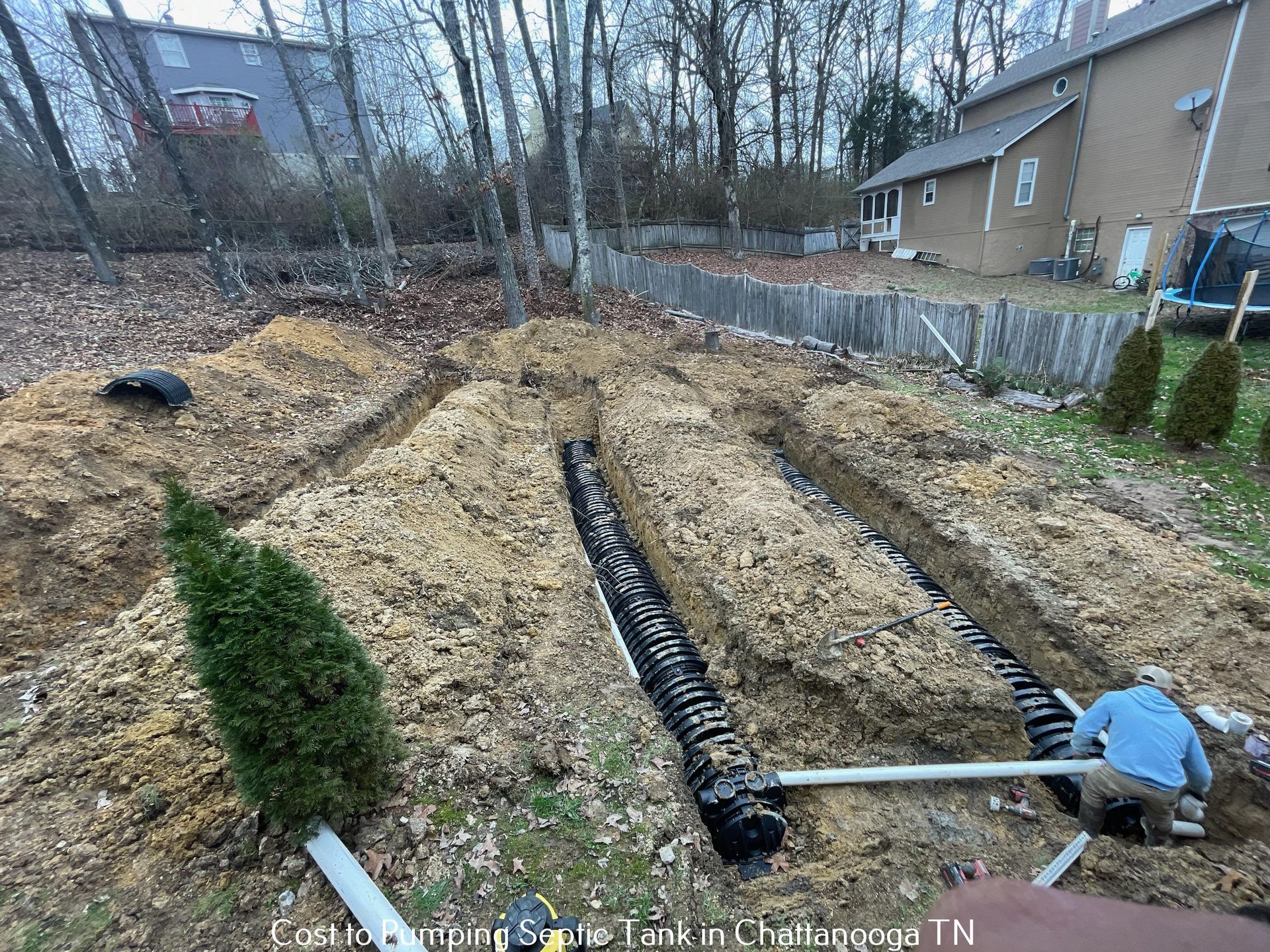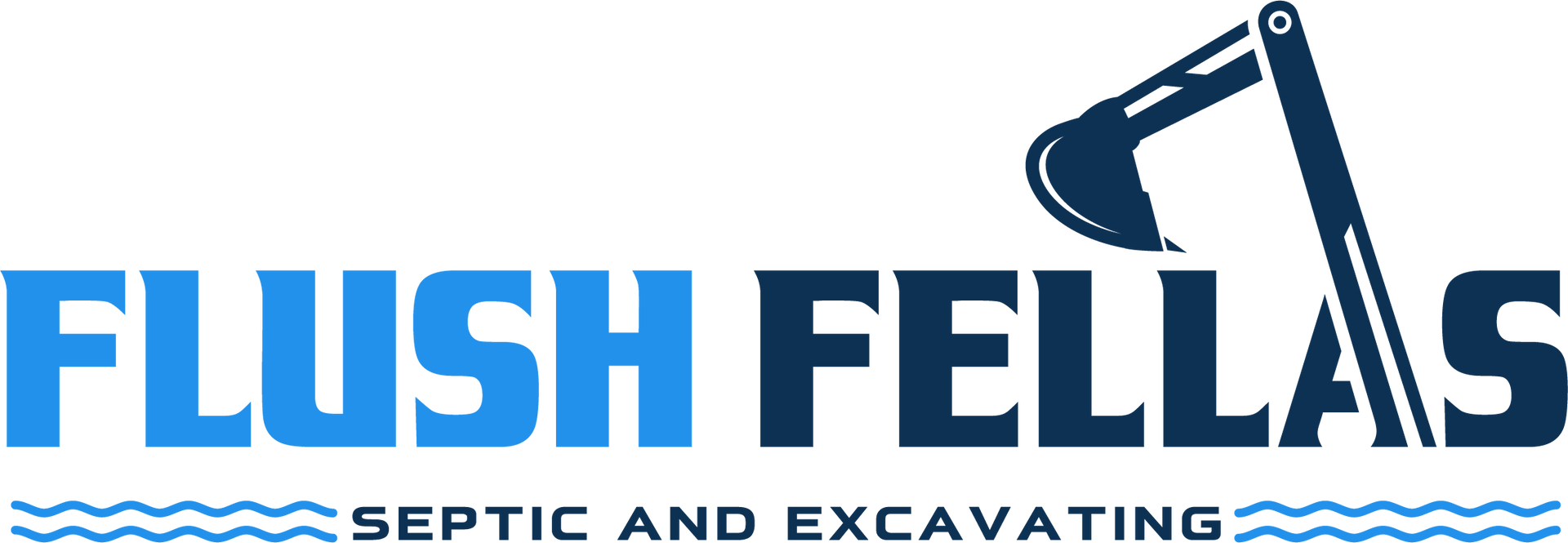For at-risk areas, connecting to an adequate public sewer system is generally the best alternative for disposing of domestic sewage from private residences. Where access to a public sewer system is unfeasible or too expensive, proper siting and design of an onsite sewage system is critical to avoid its premature failure. In many situations, an existing system that is failing may not be "repairable." Thus a completely new system may be needed. Misuse of individual sewage systems results not only in water quality problems and nuisance conditions, but also in costly repairs to rehabilitate a failing system. Failing systems include both those that you can see and smell and those that seep effluent, or waste liquids, into groundwater supplies before the soil can properly remove disease-causing pathogens.(1)
So when installing your septic tank system, you must research and do everything right to ensure you pick the right site and install the system correctly. In addition, you must maintain the system to avoid health hazards and costly repairs. Here is a guide on how to install and maintain a septic tank and drain field.
How Does the Septic Tank and Absorption Field Work?
The primary role of a septic tank system is to collect and treat human waste and wastewater from your household. So the system has drains that collect and drain human waste and wastewater into the septic tank. Solid wastes settle at the bottom of the tank, liquid effluent settles in the middle, while scum (oils, grease, and fats) settles at the top. The tank has an outlet going to the drain field. Liquid effluent flows through the outlet into the drain field. The soil in the drain field absorbs the disease-causing organisms and other contaminants from the effluent and clean water is discharged to ground or surface water.
Please note that if the system doesn’t work properly you will be forced to hire a
septic tank pumping Chattanooga
company to pump it more often. Ground and surface water can also be contaminated if the system overflows or the drain field fails. And that is why proper installation and maintenance are essential.
Installing a Septic Tank and Drain Field
The process of a septic tank and drain field installation should be done by experts. Here is a comprehensive guide;
Site Selection
The location you install the septic tank and absorption field will determine if the system serves you better for the longest time or not. If you pick the wrong site, you will always have problems with the system and authorities can even take action against you in the worst-case scenario. First, the septic tank must be within your land, and close to your house. While the absorption field should be slightly far away from the main house to avoid contamination of your drinking water and other issues that may arise.
Many tests must be done to pick the right location. The first test is to determine soil suitability and finds out if the soil in the drain field can absorb the volume of water coming from the septic tank at all times throughout the year. Other tests include percolation and soil morphology evaluations. The slope will also be evaluated. In the end, the right location will be picked.

Choosing a Septic Tank Size
You must pick the right septic tank size. If you pick a small septic tank for your home, you will have to pump it more often. And considering the
cost of pumping septic tank in Chattanooga TN, you will spend a lot of money in the long term. So pick the right tank size. For instance, if you have a 4 bedroomed home, you will need a septic tank of at least 1,250 gallons of liquid capacity. If you have a 1-2 bedroomed house, a septic tank of at least 1,000 gallons will be good for you.
Installation of Drains, Septic Tank, and Drain Field
You should leave the septic tank and absorption field installation to the specialist. These specialists will dig trenches (for drains) and a big hole to install the septic tank. They will then install the base, and set the tank. The hole is then filled with soil, leaving space to connect the inlet and outlet. The lid of the tank should also not be covered by soil.
The drain field is then prepared by digging trenches where the perforated pipe will be laid. When the drain field is ready, pipes will be installed on the trench from the house to the septic tank inlet. Then, perforated pipes will be installed on the trenches in the leach field. But porous materials like gravel are put around the perforated pipes before the soil is added to fill up the trenches. Then the grass is planted over the drain field.
Septic Tank and Absorption Field Maintenance
Here are essential septic tank and absorption field maintenance tips;
Pump and inspect the septic tank as recommended – You should hire a septic tank pumping Chattanooga company to pump your tank every 3 years. But if it gets full before that, you should pump it. Signs like sewage backflow into the house, slow drains, bad odors indoors and outdoors, sewage overflow at the tank, and lush green vegetation around the tank may indicate that your tank needs pumping. Don’t forget to inspect the tank and the entire system more often.
Efficient water use in your household – The more water that goes into your septic tank, the more it gets overworked and the faster it will get full. If the tank overworks, it will eventually fail. So use water efficiently in your home.
Don’t flush everything down the toilet – Your septic tank is made to process human waste and wastewater from your household. So don’t flush down items like paint, paint thinners, pesticides, cat litter, sanitary towels, diapers, and other foreign materials down the toilet. Also, be careful about what goes down through the kitchen sink.
Use bacteria additive – There are billions of bacteria in the septic tank that act upon the solid wastes. But these bacteria are vulnerable to harsh chemicals that end up in the tank. And it is advisable to add bacteria additive into the septic tank to increase the ‘good’ bacteria.
Maintain the absorption field – You should not park or drive over the absorption field. In addition, you should avoid planting trees close to the leach field as the roots might damage the underground system. Most importantly, keep an eye on the vegetation over the leach field
For more information on Flush Fellas Septic & Excavating and our services, feel free to reach us via phone today: (423) 498-9839.

About the author
Charles Chandler
Charles Chandler is the founder of Flush Fellas, a septic and excavating company based in Chattanooga, TN. With a passion for providing top-notch services to his clients, Charles has established himself as a prominent figure in the industry. He has extensive knowledge of septic systems, excavation, and drainage solutions, which he uses to offer customized services that meet the specific needs of his clients. Charles is committed to providing exceptional customer service and building long-term relationships with his clients. He is dedicated to staying up-to-date with the latest industry trends and innovations to ensure that Flush Fellas continues to offer the best services possible.


